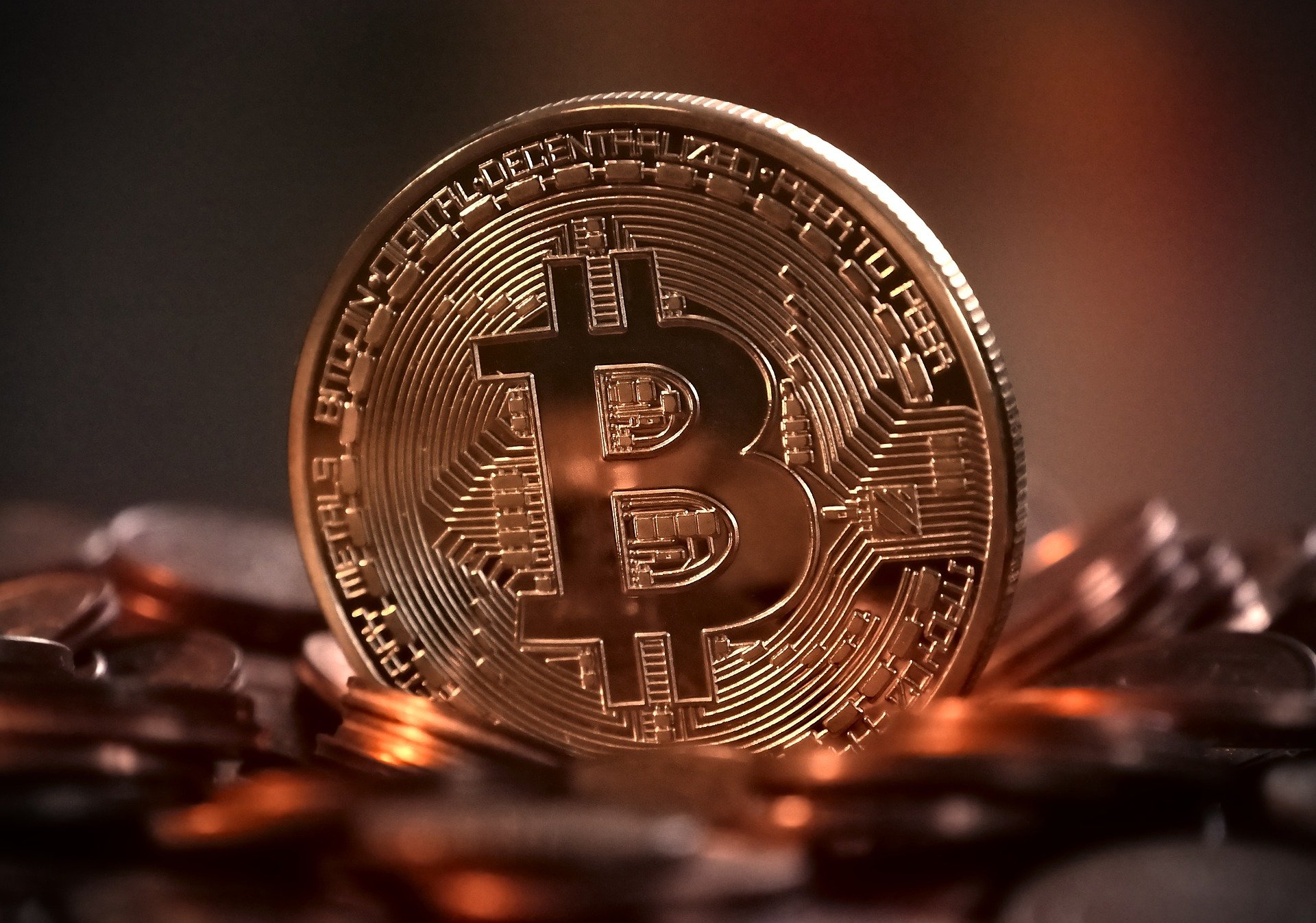Renowned economist Paul Krugman has just published an opinion piece, Bubble, Bubble, Fraud and Trouble, of his views on bitcoins and cryptocurrencies in general.

Source: Pixabay
Here's a summary of the article:
Bitcoin is a giant bubble that will end in grief, like the Dutch tulip bubble that collapsed in 1637.
Cryptocurrencies differ from ordinary bank accounts, which are also nothing but digital records, in that they are decentralised and exists in the blockchain (so they "don’t reside in the servers of any particular financial institution").
Bitcoins are not really digital cash. They are a poor medium of exchange because they are " clunky, slow, costly".
Bitcoins are the "digital equivalent of $100 bills", which are popular among criminals looking to evade tax or conduct illicit transactions.
But Bitcoins are inferior to actual $100 bills because they are not backed by any asset, e.g. precious metals like gold and silver, or the US government's protection of the continued usage of US dollars. So Bitcoin has no intrinsic value at all.
Its lack of an intrinsic value makes it price volatile, and also highly susceptible to manipulation by traders or rogue nations like North Korea.
Those who invested in Bitcoin early made money because all bubbles can be thought of as natural Ponzi schemes. "Early investors in a bubble make a lot of money as new investors are drawn in, and those profits pull in even more people. The process can go on for years" before the bubble collapses.
You should not buy Bitcoins.
My Thoughts
Krugman is pessimistic about cryptocurrencies in general, but he appears to exaggerate the seriousness of a few select problems about cryptocurrencies (anonymity and illicit usage) and implicitly suggests that they can't be dealt with adequately in the future.
An aside: To be fair, this might be another case of the economist's burden? Economists like Krugman are often conscious that they are speaking on the public record. They are asked to provide advice that are highly simplified, stripped of all the possible scenarios and caveats that they can consider, and give recommendations that can be easily published by the media and then consumed by the public. So it has long been known (even to economists themselves) that their public recommendations, on topics like the effects of International Trade, often toe the simplified consensus and are different from what they actually think and say to their colleagues.
So here are some possible caveats to his claims.
Transactions are slow and clunky for some cryptos, but future technological improvements can address this. Internet speeds were slow in the past too. The fairer choice will be to think about the future potentials of cryptocurrencies.
Bitcoin's anonymity might have been overplayed by the media at the start. See this post on how it is still possible to follow the digital money trail, and how it might even be easier to match transactions to people because all transactions on the blockchain are there forever.
The crypto space is unregulated now. This accounts for a lot of the misdemeanour happening here. But as with all technologies, they eventually get regulated by the government and adopted.
So, will Bitcoin still exist in the future? It's hard to say. It's also hard to justify its current price.
But it does have a widespread adoption going for it and thus, more incentives for people to innovate within the network. Part of the interest and investment undoubtedly has to do with people speculating about the future of bitcoin and whether it will continue to have an important place in the future, much like start-ups like Uber and Amazon that have been making huge losses for a large number of years but still get large funding.
Perhaps, for some users, buying into cryptos is like buying a lottery ticket.
